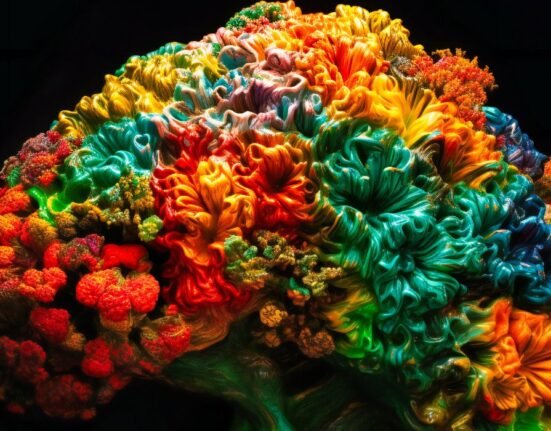Psychiatry and anthropology are two different fields, that can be beneficiary from their collaboration and interdisciplinary approaches. A few of the reasons why psychiatry can benefit from the insights, perspectives, and approaches of anthropologists are listed as follows:
- The Cultural Context: An anthropologist studies human societies and cultures, which can provide valuable knowledge about the cultural context which structures people’s beliefs, values, and behaviors. In the field of psychiatry, understanding the cultural context is very important for accurately assessing and treatment of mental health conditions. Anthropologists can help psychiatrists in recognizing different cultural variations in the expression and experience of mental health issues, which can lead to more effective and culturally sensitive interventions.
- The Social Determinants of Mental Health: An anthropologist examines the social, economic, and political factors that influence human behaviour and overall well-being and they can throw light on the topics like how social structures, inequality, stigma,
etc. can have an impact on the mental health of human beings. Collaboration with anthropologists can be very helpful for psychiatrists in investigating and examining the social determinants of mental health and developing more comprehensive and equitable approaches to treat. - The Patient-Provider Relationship: Anthropologists most of the time focus on understanding interpersonal dynamics and the patient-provider relationship. Their expertise can enhance and improve the understanding of the cultural, social, and relational factors that contributes to interactions between mental health professionals and their patients. By using anthropological approaches, psychiatrists can enhance and improve communication, trust, and therapeutic results.
- The Ethical Considerations: Anthropologists are trained to investigate complex ethical issues and work with vulnerable populations. They can contribute a lot to discussions about the ethics of psychiatric research, cultural sensitivity in diagnosis and treatment, and the impact of mental health interventions on communities. Collaborating with anthropologists can help psychiatrists to approach their work in a more ethically informed manner.
- The Cross-Cultural Research: Anthropologists often conduct cross-cultural research, which are helpful in identifying universal aspects of mental health as well as different cultural variations. Also in collaboration with anthropologists, psychiatrists can gain a lot of insights into mental health issues and how they are supposed to understood and addressed across various cultures. This knowledge can provide the information for development of culturally sensitive interventions and contribute to a more global understanding of mental health issues and treatment.
Benefits of the Collaboration between Psychiatry and Anthropology
The collaboration between psychiatry and anthropology can be helpful in many ways. Some of the points are shared below:
- The Sensitivity of Culture: Anthropologists can help psychiatrists develop a very deep understanding about different cultural beliefs, values, and practices. That has an impact on their overall mental health. Also, this understanding allows psychiatrists to give more culturally sensitive treatment, taking into account the uniqueness of perspectives and needs of individuals from diverse cultural backgrounds. It helps to avoid imposing Western-centric models of mental health onto non-Western populations and promotes respect for cultural diversity.
- Improved Diagnosis and Assessment: Anthropologists can assist psychiatrists in identifying different cultural variations in the presentation and interpretation of mental health issue’s symptoms. They can provide a valuable insights into how cultural contexts structure the expression of distress, which may very much differ from Western diagnostic frameworks. This understanding leads to more accurate diagnoses and assessments that considering the cultural factors influencing mental health.
- Development of Interventions: Anthropologists can contribute to the development of interventions that are both contextually and culturally appropriate. Also, understanding the local cultural practices, healing traditions, and social dynamics, can be very helpful. Additionally, they are able to create solutions that respect the cultural norms and values of the populations they work with. This improves the acceptability and effectiveness of mental health interventions in communities.
- Navigating the Stigma and Social Determinants: Anthropologists focus on the social determinants of human beings mental health and what are the ways in which stigma and social factors have impact on overall people’s mental well-being and their insights can guide psychiatrists in defining these broader societal problems and advocating for social and policy changes to improve and enhance mental health results. Collaboration between the two disciplines can lead to more comprehensive approaches that go beyond individual-level interventions.
- Ethical Considerations: Anthropologists excel at handling ethical dilemmas whether conducting research or engaging with communities. And then their expertise in ethical practice and sensitivity to power dynamics. It can help psychiatrists to approach their work with greater cultural humility, respect, and awareness of potential ethical issues. This collaboration promotes ethical conduct in psychiatric research and clinical practice.













Leave feedback about this